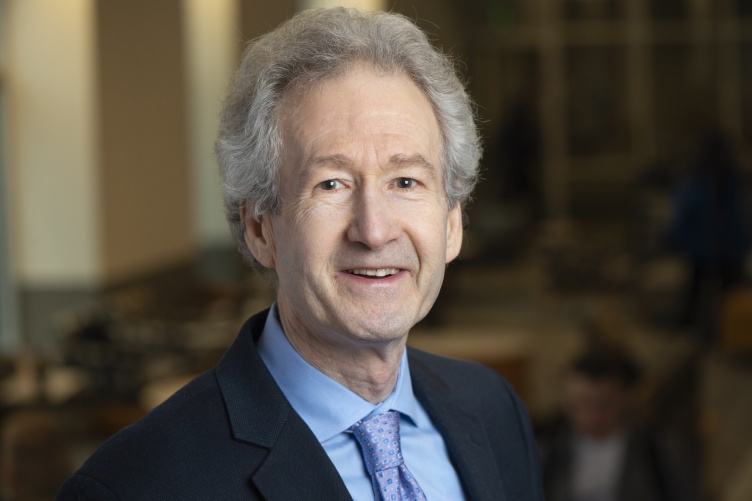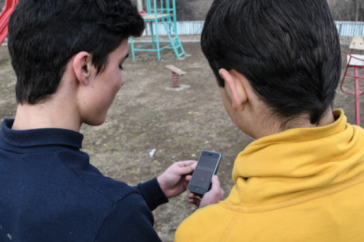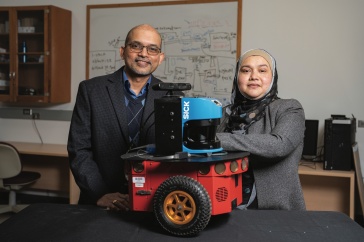
In hiring, dating or simply seeking guidance and leadership, confidence attracts. But new research from UNH finds that less confident people, while perhaps not as upbeat, emotionally positive and sociable, have a keener understanding of themselves and others that may make them better friends, partners or bosses.
“Sometimes the less confident or socially dull-seeming person is going to be more dutiful and responsible.”
“We are drawn to confident people, those who seem to know what they’re doing, are encouraging to other people, and think highly of themselves,” says John Mayer, professor of psychology and lead author of the study, published recently in the Journal of Personality. “But sometimes the less confident or socially dull-seeming person is going to be more dutiful and responsible.”
Mayer and his co-authors (A.T. Panter of the University of North Carolina and David Caruso of Yale University) found that overconfident people inflated their estimation of their personal intelligence, a broad set of skills associated with understanding themselves and others. Those who accurately assessed personal intelligence measured higher in verbal intelligence and were more conscientious than others.
Mayer, an innovator in intelligence research and the co-creator of the widely used Mayer-Salovey-Caruso Emotional Intelligence test, put forward the theory of personal intelligence in his 2014 book “Personal Intelligence: The Power of Personality and How It Shapes Our Lives.”
For this study, the researchers examined three archival studies that objectively measured personal intelligence as a measure of mental ability and included a self-estimate of personal intelligence. “We could compare peoples’ self-estimates to their actual ability levels,” says Mayer. Because there is some debate around the best way to do this, they reported three statistical techniques for doing so in the article.
“Our bottom-line finding was that people who are more accurate in their self-assessment tend to have higher verbal skills and personal intelligence, but also have a few other qualities,” he says. “Chiefly, and this came to a surprise to us, they’re conscientious. They’re dutiful and responsible. We think they’re more open and therefore more attuned to other peoples’ feedback."
Less surprising was how the confident subjects inflated their estimation of their personal intelligence skills. Mayer shares an anecdote from his pre-academic career in a management consulting firm. He met an auto dealership sales manager who described his foolproof trick for hiring and retaining salespeople. “He told me he was using a new test that was 100% accurate in selecting successful salespeople. When I asked what it was, he showed me a questionnaire about astrological signs and said he only hired certain astrological signs,” Mayer recalls. “He was exceedingly confident of it, yet everything we know about such measures is that they don’t work. He was very positive and had very high confidence, but he wasn’t accurate.”
Befitting a researcher of personal intelligence, Mayer acknowledges a personal angle to this study. Despite his academic achievements, “I am not the world’s most enthusiastic, optimistic, confident type person,” he says. “And yet somehow I’ve managed to make my way through life OK. It’s always been interesting to me to be around people who are super confident versus people who are concerned with accuracy.”
-
Written By:
Beth Potier | UNH Marketing | beth.potier@unh.edu | 2-1566



















































